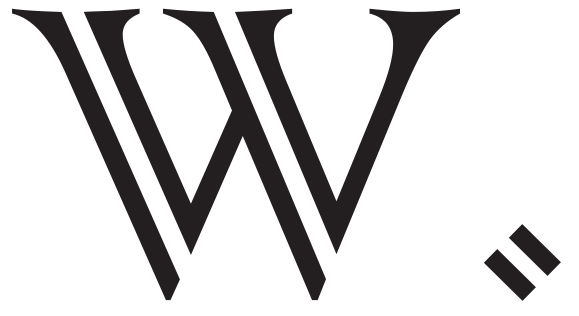New York City spends thirty-eight thousand dollars ($38,000) annually per student in the public school system.
Let us repeat that (for emphasis): New York City (that would mean the five boroughs including The Bronx, Queens and Staten Island)…… spends THIRTY-EIGHT THOUSAND DOLLARS ($38,000) annually PER STUDENT in the public school system.
Wow, that is a lot of learning. Right? Well, no, not really. New York State ranks forty-first out of fifty states in average SAT scores.
Critics of school education vouchers say that the programs would not benefit the poor because it would eviscerate the (Government’s somber monopoly of) local schools, presumably leaving those schools worse off.
But it is, specifically, the poor whom a voucher policy would benefit. Right now, the poor have no options other than the long-time failing educational systems in their neighborhood. The wealthy can afford to pay twice to educate their children. The wealthy pay real estate taxes that support the ‘local’ public school systems, and send their own children to private schools and pay supernumerary tuition. The wealthy do not suffer the intransigence of the Government’s inefficiencies and poor performance results in education.
By contrast, the circumstances of poor(er) relegate their children to the failing schools of their own neighborhoods, with crumbling infrastructure, less-productive, often apathetic teachers and a compromised learning environment. All of it adds-up to a deficient learning opportunity and the recurring cycle of poverty.
What if New York City were to issue checks (or debit cards) to the City’s residents at the beginning of every school year, one for $38,000 (redeemable strictly at the local public school) and the other for say $31,000 — a 20% discount for the New York taxpayer — to be redeemed at any school of a parent’s choosing. Parents can redeem only one voucher. What does one believe the poor would do? Would they continue to send a $38,000 check every year to the same school that has been failing their children, perhaps for generations? Or would they send the smaller $31,000 check to a school that is results-successful and tailored to the needs and development of their child? or a private or parochial school? And even for those who would continue to send their checks to the local school, would it not be more probable that they would be highly engaged in that school’s success? improving their children’s experience and outcomes?
To paraphrase Milton Friedman, the Government demonstrates a perverse idiosyncrasy to produce goods and services at lower quality and higher prices than the private sector. I have many friends whose children attend private or parochial school, and the tuition does not even asymptote the Government’s cost. The results are superior however, immanently incomparable to those of the public alternative.
New York City is not alone in its waste and inefficacy. The United States ranks below the average countries in the OECD, in THIRTIETH place for Mathematics, according to the National Center for Education Statistics. The consequence is grave and it is a pall on the country’s competitiveness on the global stage.
New York: ratify the voucher system for education. The market-based voucher solution would be cheaper, more productive and progressive.

